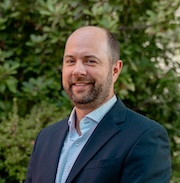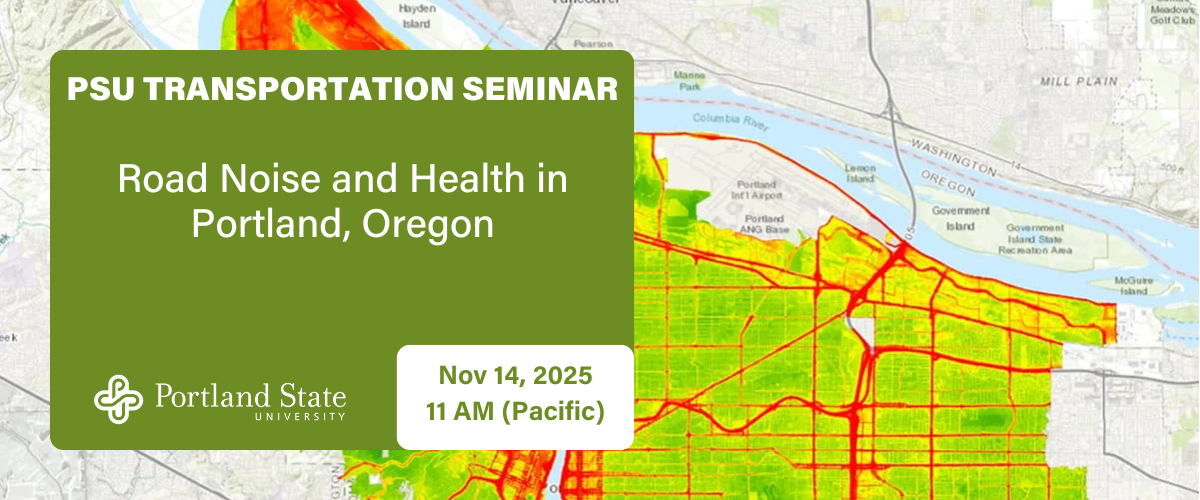PRESENTATION ARCHIVE
 THE TOPIC
THE TOPIC
In a partnership with Multnomah County Health Department, Oregon State University (OSU) researchers conducted an innovative study measuring noise levels throughout Portland.
Findings from this study point to high-traffic roadways as the largest contributor to urban noise, and also suggest that the loudest parts of Portland are also the most socially vulnerable, with lower incomes and higher proportions of non-white residents. There are many health impacts from high noise exposure, including cognitive impairment, mental health disorders, high blood pressure, cardiovascular disease, metabolic disorders, hearing impairment/loss and adverse pregnancy outcomes.
KEY LEARNING OUTCOMES
- Urban noise adversely affects health
- In Portland, urban noise is an environmental justice issue
- High-traffic roadways are the largest contributor to urban noise in Portland

SPEAKERS
Brendon Haggerty, Multnomah County Health Department
 Brendon Haggerty, MURP, is the Healthy Homes and Communities Manager at Multnomah County Health Department. His team addresses environmental health issues such as lead poisoning, superfund clean-up, air quality, healthy housing, climate change, and the built environment. He previously served as epidemiologist for the Oregon Health Authority Climate and Health program.
Brendon Haggerty, MURP, is the Healthy Homes and Communities Manager at Multnomah County Health Department. His team addresses environmental health issues such as lead poisoning, superfund clean-up, air quality, healthy housing, climate change, and the built environment. He previously served as epidemiologist for the Oregon Health Authority Climate and Health program.
Matthew Bozigar, Oregon State University

Matt Bozigar is an environmental epidemiologist with a multidisciplinary background. He studies multiple adverse environmental exposures (e.g., noise, air pollution, aeroallergens, radon) and health outcomes (e.g., asthma, cancer, cardiometabolic risk factors and diseases). Matt views environmental epidemiology through a geographical lens that emphasizes “place” and how it affects the health of populations.
PROFESSIONAL DEVELOPMENT
This 60-minute seminar is eligible for 1 hour of professional development credit for AICP (see our provider summary). We can provide an electronic attendance certificate for other types of certification maintenance.
ADD IT TO YOUR CALENDAR
Portland State University's Transportation Research and Education Center (TREC) is a multidisciplinary hub for all things transportation. We are home to the Initiative for Bicycle and Pedestrian Innovation (IBPI), the data programs PORTAL and BikePed Portal, the Better Block PSU program, and PSU's membership in PacTrans, the Pacific Northwest Transportation Consortium. Our continuing goal is to produce impactful research and tools for transportation decision makers, expand the diversity and capacity of the workforce, and engage students and professionals through education, seminars, and participation in research. To get updates about what's happening at TREC, sign up for our monthly newsletter or follow us on social media.
Image courtesy of OSU




